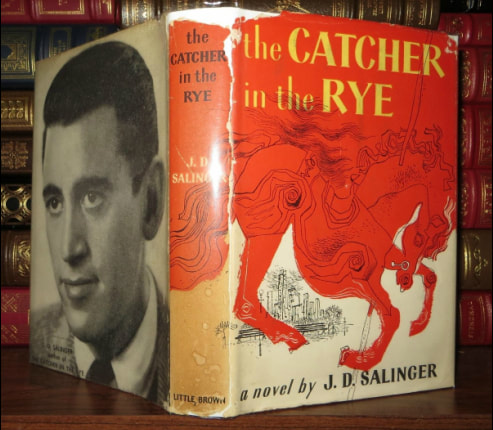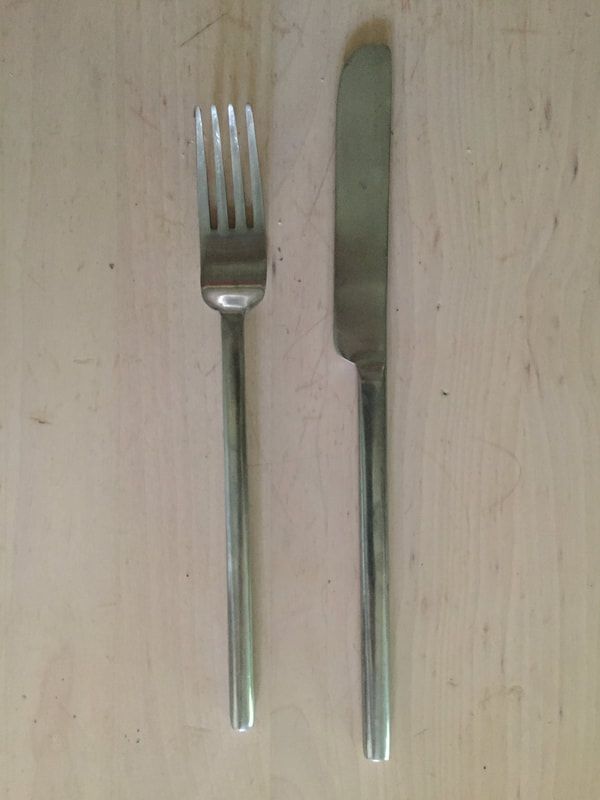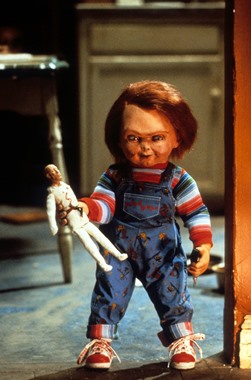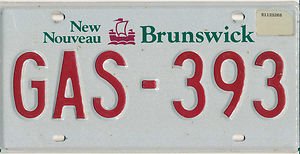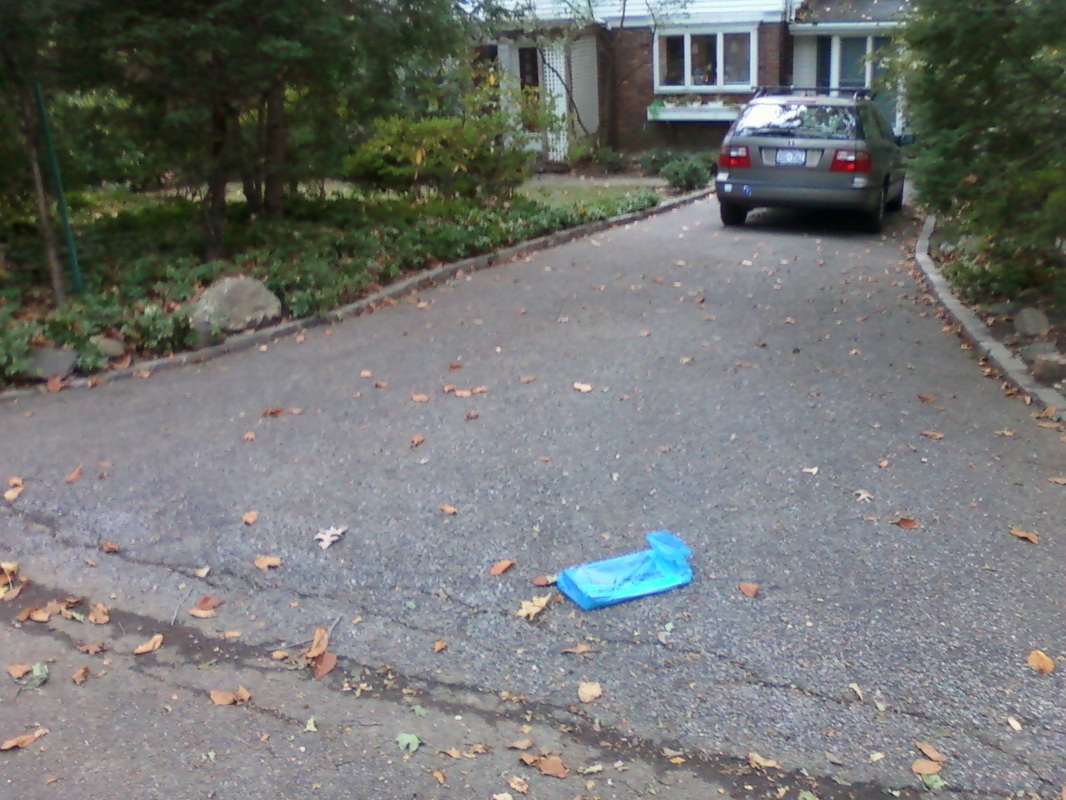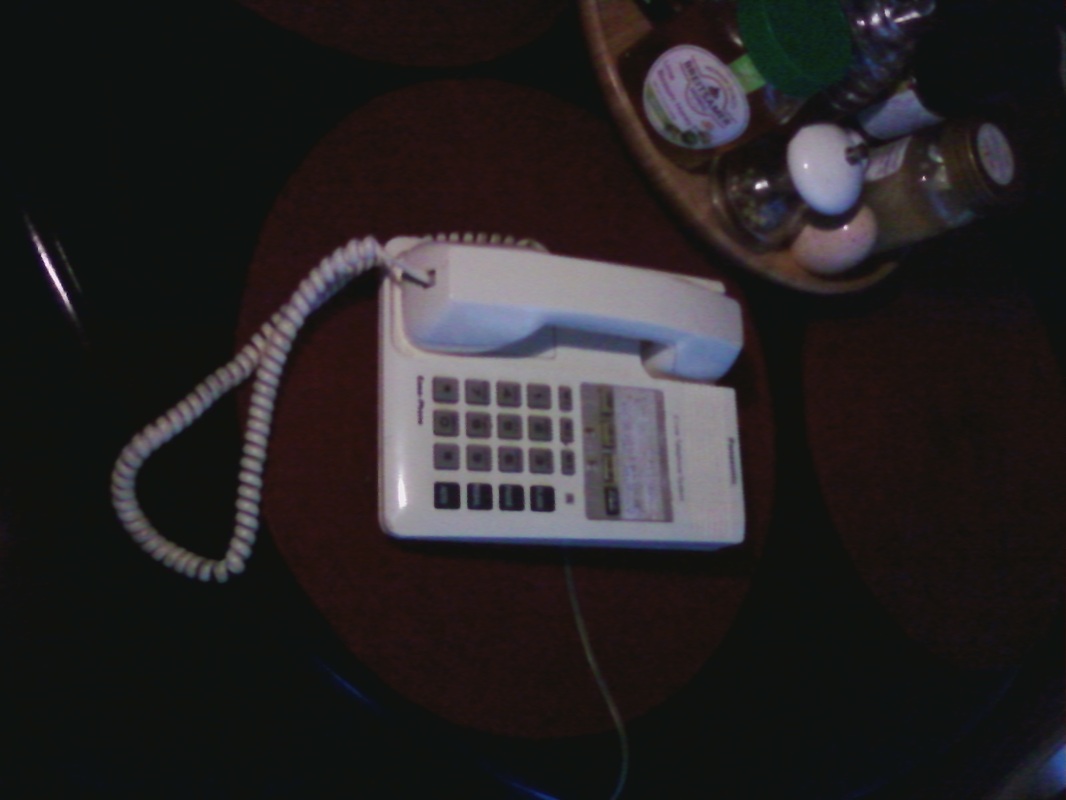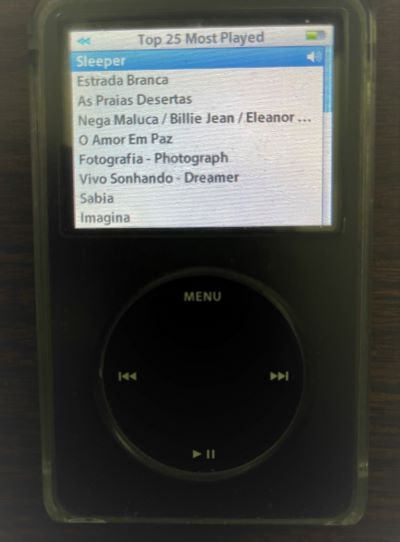 My vintage iPod includes most-played singles -- Eliza Gilkyson from the great all-female CD tribute to Greg Brown; some from the classic "Casa" CD, plus Caetano Veloso's version of "Billie Jean." My vintage iPod includes most-played singles -- Eliza Gilkyson from the great all-female CD tribute to Greg Brown; some from the classic "Casa" CD, plus Caetano Veloso's version of "Billie Jean." I. The iPod. I read the news the other day, oh, boy. Apple is discontinuing the legendary iPod – probably because the company created such a useful, durable machine that it is no longer profitable. The iPod made it possible to store up 1,000 individual songs in a “pocket-size rectangle with a white face and polished steel frame weighed 6.5 ounces,” as the NYT wrote – with the operator able to file them in categories or playlists -- every person a DJ. I will never forget when my kids gave me one, more than 20 years ago, and gave me some lessons until I got the knack of downloading from an Apple computer -- entire CDs. I still remember New York’s valuable and eclectic John Schaefer on FM radio, playing an entire CD, “Casa,” songs by Antonio Carlos Jobim, played by pianist and arranger Ryuichi Sakamoto, cellist Jacques Morelenbaum and singer Paula Morelenbaum, three talents uniting in Portuguese and English. I had it downloaded within days. My “collection” ranges from Yo-Yo Ma’s vibrant “Silk Road Journey” to the gentle classical trio of “Butterworth, Parry, Bridge,” from the signature opener music from “The Sopranos” to Nina Simone singing “Ne Me Quitte Pas.” I have not added to the collection in a decade for two reasons – (a) I am totally out of current music, to (b) I don’t have much access to the Apple laptop that could catalogue an entire CD in a few minutes. Best discovery: I was never a fan of the “Bee Gees” until I discovered that my go-to album for a brisk two-mile walk on the soft track at the high school is the soundtrack from “Saturday Night Fever” – an old guy thinking he’s John Travolta strutting under the El in Brooklyn or in the Saturday night disco. The article in the NYT about the end of the iPod did not mention repairs/upgrades. I don’t trust companies so I will have to be gentle with the iPod…and all those songs. II. Vinyl Lives! The other day WQXR played the classic version of “Peter and the Wolf” with kindly old Uncle Lennie (Bernstein, that is) narrating the Prokofiev score. My wife said, we used to have a “record” of it…50 years ago or so. I riffled around in my closet and found a couple of cardboard boxes filled with old records, including “Peter and the Wolf,” and put it on the Fisher turntable (circa 1975 – with Amazon still supplying a needle every decade or two. My exploration of the Vinyl hoard led to two records that dated me back to the summer of 1982, the Barcelona regional of the World Cup. My journalist friend Alex Martinez Roig invited me out to dinner in a suburb of Barcelona – and introduced me to the music of Joan Manuel Serrat – a baritone philosopher/critic – and later Alex gave me an album. That same week, I was alone on my birthday, and there were no games, so I bought a ticket to an open-air concert in a Barcelona park, by Maria del Mar Bonet, a Majorcan folk singer. She and her band gave a great show, and on the way out I asked a couple to recommend their favorite album of hers, and the next day I dropped into El Corte Inglés and bought it and schlepped it home in my luggage. Since rummaging through my vinyl, I have played these two thoughtful Catalan artists, and through the magic of a Fisher turntable, I feel it is summer in Barcelona, and I am turning 43. *** But in fact, it is 2022, and Serrat’s brief against the madness is as current as, well, of course, Russia invading Ukraine. (English translation here:) https://lyricstranslate.com/en/quien-corresponda-who-corresponds.html III. Memories of Kate and Anna. The Thursday Times informed me that Martha Wainwright has written a memoir. Good grief, is she really 46? But the part that really got me was the NYT’s casual mention that Martha’s mother, Kate McGarrigle, “made 10 albums as part of a duo with her sister Anna before her death in 2010.” Sacré bleu. That’s like saying the New York Knicks had a pretty decent team back in the early 1970s with people you might have heard of, named Frazier and Reed and Bradley and DeBusschere. I’m sorry, but Anna and Kate McGarrigle (and sometimes their more homebound sister Jane) were “The McGarrigles,” a haunting sassy mixture of Irish and Quebecoise – who wrote bilingual songs about love and sex and politics and long sisterly walks in the snow. My point about this talented tribe: beyond the talent of Kate’s former husband, Loudon Wainwright III, their son Rufus Wainwright, and their daughter Martha Wainwright (and never, ever, forget their talented Brooklyn-born band member, and philosophy professor, Chaim Tannenbaum) there were “The McGarrigles,” mostly Anna and Kate. The Times article by Emily Gould makes Anna and Kate sound like footnotes to the present, but they were wonderful, and many, many thousands of us still miss them, badly. * * * I could recommend dozens of their songs, but for these purposes, I go with Kate pounding the piano and singing her dear heart out on “Stella By Artois," (ignore the youtube mis-spelling) about a love affair that lasted just about as long as their band’s trip “from France clear through to Galway.” I dare you not to shed a tear. Things are in the saddle/ And ride mankind. – Ralph Waldo Emerson
Salinger is going digital. I read it in the Times. This makes it possible to read the late and reclusive author on your device of choice, flicking words and sentences and paragraphs that the master put down on paper. Perhaps this is progress, or perhaps not, depending on the reliability (the planned obsolescence, the health of the battery) of your particular device. I say this with the cynicism of somebody who manages smartphones and laptops and TV remotes with perhaps better-than-average skill for somebody in my age group (that is to say, old.) I mean, I assemble this little therapy website. Lately I have spent far more time than I ever could have imagined in the clean, well-lighted Apple place where they administer what I have come to consider electronic methadone. There’s always something. As Salinger goes digital, here are two of my most recent adventures with gadgets: 1. I recently bought an iPhone 8 when my 6-Plus reached obsolescence, just as, I am sure, Apple intended. (It’s not the instruments, they tell you with a straight face, it’s the upgraded programs.) The adjustment has been easier than I expected, and there is one fascinating new feature involving robocalls, the price we pay for having a smartphone. I’ve learned not to answer when I see numbers not already linked in my Contacts. This way I avoid conversations with “Billy” or “Betty” in some call center in India. To my fascination, the new iPhone 8 categorizes unknown callers. Potential Fraud. (Casey Stengel called some of his early Mets “frauds.” Nothing personal. They just couldn’t play.) Potential Spam. (What a wonderful term – reminds an oldster of the vaguely meat product we ate during World War Two.) Unknown Name (Thanks for the warning.) Wireless Caller: (Could be just about anybody.) They all get banished to incoming Limbo. 2. The down side of technology is, of course, that stuff doesn’t work. Back in the dark ages, that is to say, 2012, my wife obtained a Kindle device for storing books. A family member gave her a few books about Turkey for our upcoming trip (that turned out to be epic.) But then we didn’t use the Kindle for years. The other day we found it on a shelf, and opened it, and I read the first few chapters of “Istanbul: Memories and the City,” by Orhan Pamuk, who has become one of my favorite (contemporary) writers. Then I got the bright idea of recharging the device. I used the proper plug but it all went dead. I had no booklet of instructions so I went on line and read about the sudden mortalities of Kindles, how they just stop working. From reading the wisdom of consumer-survivors, I determined that you first try re-booting it, and then give it a sharp smack with your hand, If that low-tech stuff doesn't work, and you possess the skills of a cat burglar, then you buy a little kit, pry the case apart, make your own repairs and replace the battery. Or, you “find someone” who repairs Kindles. Unless, of course, the “motherboard” (whatever that is) goes. Then it’s over. Go buy a new one, sucker. The great maw of Kindles has swallowed our few Turkey books, but my wife came up with a great solution – books, with pages and covers. Our house is full of books, plus, they just may be making a comeback against the novelty of gadgets that depend on batteries and kits and motherboards. Plus, in my town of Port Washington, L.I., we have have the Dolphin Bookshop, right near Manhasset Bay, and a few blocks up the hill we have the Port Washington Public Library (with a reading room overlooking the aforementioned bay.) The library is connected to a consortium that delivers books from libraries all over Long Island. The defunct Kindle? One more gadget to toss at the next electronic cleanup at the town dump. Holden Caulfield would not be surprised. It was mid-August of 2008. Charlie Competello had just taken his morning run in the toxic mass that passes for air in Beijing.
Now he was clean and dressed for business at the Olympic media center where The New York Times had rented an office for 20 people. The first thing he spotted was a forlorn-looking writer. “My laptop died,” the sad sack began. That was me. Charlie’s job was to provide technical services at big events like the Olympics and visit the bureaus all over the world, or wander around the newsroom, available to the people who write and edit the stories. He was one of us. The paper did not get done if Charlie couldn’t fix the machines and the software. This how it was when I was working. Charlie had colleagues like Walt Baranger and Pedro Rosado and Craig Hunter, who knew our jobs better than we did. (One night in Salt Lake City, after getting bad advice from on high, I was told to write something, at midnight, after the Russians fixed a figure-skating final, if you can imagine such a thing. After I stopped throwing furniture and Queens language around the room, I saw Craig standing next to me. He handed me printouts of wire stories, with all the information that would let me play catch-up ball with a midnight column. “I think this will help,” he said.) The Times had our back, with technicians who were journalists. They would find bugs in our software or frayed connections in our laptops – even schmutz clogging the keyboards. Full service. I worked with Charlie a lot -- a lean, alert guy from my home borough of Queens, who reffed basketball games in the winter, for the fun of it. We learned to rely on him the way the old Yankees would rely on Yogi Berra’s untouchable presence on a storm-tossed charter flight. Charlie was never more indispensable than in Beijing in 2008, the first Summer Games to be fully covered 24x7 on the great emerging NYT web site. We were exactly halfway around the world, which meant Michael Phelps was swimming for medals in mid-morning in Beijing but evening in New York. Any given hour, somebody needed Charlie. On that morning in Beijing, Charlie went to the basement where Lenovo had a store, and he purchased a new ThinkPad and then downloaded stuff from my busted laptop, a few hours of work while meeting all the other needs. After his run, I bet Charlie could have used a more quiet morning, but the way that job worked, there was no such thing. The Times had gone into the computer age in the mid-70’s with Howard Angione, who introduced us to the massive Harris terminals in the office. Sometimes the damn things would eat up an entire story, even if you had saved it, and we (I) would pitch a massive fit. Howard’s motto was, “If I can teach Vecsey, I can teach anybody.” And he could. For nearly four decades, I learned to rely on the Times’ techies, whatever their title was. Then I retired after 2011, and now Charlie is retiring, wisely, much younger than I was, which gives him time to relax and then find some other pursuit, or not. He’s a ref. He always makes the right call. I’m out of it now. I just hope the paper still has the backs of the people who go to wars and conventions and Olympics, fixing machines that break down at the worst possible time. * * * Speaking of valued colleagues, did you see the beautiful photo of Aretha Franklin on the front page of Friday’s paper? Her dignity and soulfulness and even her sound came through. That photo was taken by Tyrone Dukes, back in the day. Tyrone was a friend, a young brother who had served in Vietnam and was now a photographer. He could snap Aretha up close at the Apollo in 1971 and he could follow a looting rampage during the blackout of 1977. He died in 1983, at the age of 37. When I saw the credit on the photo, my eyes misted over– not for Aretha but for Tyrone. My thanks to Charlie and Tyrone and all the others, who were part of us. It seems like yesterday but it was 20 years ago last Sunday when Slava Bilic did his corny little death rattle on the lawn at Stade de France.
He had been tapped lightly on the upper chest by Laurent Blanc of France but he fell to the grass like a man hit by a baseball bat – clutching his forehead. That’s how badly the pain was radiating. The ref went for it and showed Blanc a red card, which meant the steady French defender would miss the next match, which, as a result of the French victory, turned out to be the World Cup final. Blanc was on the sidelines, agonizing, when Zinedine Zidane played the most beautiful final in World Cup history in a 3-0 victory over Brazil. In those days, FIFA executives were so busy stuffing their gunnysacks that they had no time to update their product. Nowadays, the ref would hear a voice in his earphone and would trot over to the little VAR unit at the edge of the field to see for himself that Bilic had faked it. That was the last time Croatia was in the semifinals. On Wednesday they will be playing England in the second half of the all-European Union semifinal, after France meets Belgium on Tuesday. Floppers beware. The two men were familiar figures in world soccer. Both played and coached all over the place, intersecting on occasion, like 2011 when Bilic coached the Croatian national team and Blanc coached France and they met in a friendly. The men chatted amiably, but if Bilic has ever apologized, it is between the two of them. At the time, Bilic – a lawyer, by education -- said he was afraid he would get a yellow card for faking, and miss the final, so he exaggerated his motions. After that match, he said he told Blanc he was sorry for causing him to miss the final. “I guess I should have hit him right there,” Blanc said. Flopping is still a plague on the sport, but enlightened physicality in the scrum is done by everybody, both sides. (Where were the Croatian defenders on the late header by Russia on Saturday? All flat-footed, as if stricken by Putin nerve gas.) Bilic employed the tactics of the sport, for better or worse. In the age of VAR, he just might be rewarded with a card for bad acting. Even FIFA, with its Qatar World Cup and its threat to hold a bloated 48-team extravaganza in 2026 gets something right, once in a while. My 1998 column on the Bilic flop is here. It begins: "I once met a man who had died 100 times." https://www.nytimes.com/1998/07/10/sports/sports-of-the-times-in-soccer-flopping-is-an-art-form.html For other information on the Bilic-Blanc meeting: https://en.wikipedia.org/wiki/Slaven_Bili%C4%87#West_Ham_United_2 https://en.wikipedia.org/wiki/Laurent_Blanc http://www.goal.com/en-india/news/2292/editorials/2011/03/29/2416207/it-was-laurent-blancs-fault-he-missed-the-1998-world-cup https://dailyfootballshow.com/remembering-belgium-france-england-and-croatias-last-trips-to-the-world-cup-semi-finals/ Who made this &*%$#@?
How often do we scream this? I do, every time water dribbles on my feet from the dispenser on our refrigerator. I do, every time one of our imbalanced knives or forks goes clattering to the floor. I do, every time I have trouble with coding or design on my not-totally-smart-phone. Fortunately, I have found the perfect tool for one of those problems. Hint: you probably have a dozen under your desk. First: the refrigerator. (I sometimes say “icebox” to annoy my wife.) Fairly new, and functional, except for the cheap pieces of plastic in all recent household appliances, designed to break after the warranty runs out. The main problem is the gadget that dispenses ice (crushed or cubed) or water (allegedly cleansed by a pricey little filter.) To get water or ice, you push in a curved bar with a glass; the H2O comes out of the innards; when you have enough, you take the glass away – and another few seconds’ of water, solid or liquid, falls to the floor. Infuriating. No adjustment or fast hands can solve the problem. My theory is that the people who built this device never, ever, tested it. Just built it. Out of innate politeness, I will avoid mentioning the maker. Let me just say: Kamsahamnida. * * * Then there is our dinnerware, sleek and silvery, only used when we need a full set. So pretty to look at. But the tines do not hold much, and when you lay the knife or fork down, the handle is so top-heavy that it performs a one-and-a-half gainer onto the tablecloth and thence to the floor, with rice, salad or fish splattering on the rug. They never tested the thing. Just built it. Out of innate politeness, I will avoid mentioning the maker. Let me just say: the imprint on the silverware reveals the country where it was made. Hsieh-Hsieh * * * Then there is my smartphone. I’ve only had it a few years – resisted a long time, but now I am hooked. Check for emails every 60 seconds. It works pretty well, but the other day I could not fit the charger into the rectangular slot. My wife’s charger did not fit, either. Oh, great, I thought, those blankety-blankers will tell me I need a new super-duper 12A phone, or whatever series they are up to. This is a costly little malfunction. Then I had a thought. Nature’s wonder tool. Should be hawked on late-night TV. The humble paper clip. Good for what ails you. Cures the common cold. I opened one segment of the paper clip and inserted it into the slot where the charger no longer fit. I wiggled it gently. And out tumbled a pound or two of what we New Yorkers call schmutz -- detritus from my pocket, my desk, my yard, my jogging shorts. The charger now fit. * * * I don’t think the paper clip will help fix the spattering water dispenser or clattering silverware. I have given it a permanent place of honor on my desk. (*-I actually don’t know what a “bot” is. But it sounds good for the purposes of this rant.) The modern electronic age has turned me into a cat burglar, on my hands and knees, messing with wires and cords and plugs. I like to think this is not merely a young-old chasm as everybody scrambles to keep up with new developments with cellphones and computers and all these so-called labor-saving devices. The good side is that I managed to slip inside the velvet rope of minimal competence. The Internet and the gadgets allow me to do things and learn things that were impossible in my first two decades in journalism. I have older friends of sound mind who stare blankly when I say “web site” or “emails.” They missed the Last Train to Clarksville for all the little stupidities that so captivate me. When I broke into the business, we used typewriters and paper. With the help of technology mentors at the Times like Howard Angione (“If Vecsey can learn this, anybody can”) and Charlie Competello and Walt Baranger, I learned some stuff. In the early ‘80’s, a union electrician turned off the press-box power at the stroke of midnight and blow out my portable computer. In Barcelona! But the next day I was able to find the right tubes in a growing technology block in that grand old city. In the early days, I crawled around musty hotel rooms, unscrewing stuff and attaching primitive wires or clips. (One reporter risked his life splicing his bulky Kaypro computer to live wires from a dripping air conditioner in his hotel room.) Later, I had to explain to dubious hotel clerks why I needed to borrow a dedicated 800 fax line for 30 seconds to transmit an article from my laptop. Nowadays, I call help centers when the wi-fi doesn’t work in my hotel room. This is called progress. Somehow, I manage this personal therapy web site – photos, copy, headlines, type size – after training-wheels tutorials from my patient friend Becky Collet. Labor-saving devices? A good friend (older than me) and I compare notes about constantly updating our contacts. In my house we have three – count ‘em, three – clickers for one TV set and one sound bar. If my finger hits the wrong button, my wife has to reprogram the whole thing. At times I dutifully try to diagnose the problems that pop up from having, oh, just a few cable boxes around the house. Recently, a TV went dead. We ran around for days trying to sort it out. We exchanged boxes. Then we drove a TV to a throwback reputable repair place my wife discovered half an hour east of us. Nope. TV worked. And the guy waved off a bench charge. Can you imagine? Ultimately, the problem was a faulty gizmo in the cable coming into the house, installed by our local company. “No way you would know,” the technician told us before the office tried to bill us $80 for fixing their faulty piece they installed. I keep blaming that cable company for the twin blights of Carmelo Anthony and Madison Square Garden, but it seems the cable portion has been sold to some Dutch company. Somebody smart sorted out the problem; maybe it was Amsterdam or maybe it was Long Island. Either way, this is also called progress. (*- I made a list of recent words I do not fully understand, even if I may actually use them: meme, avatar, Siri, Sirius (are they related?), bluetooth, bitcoin, millennials, hipsters, (wait, whatever became of yuppies?), apps, cookies, streaming, podcasts, spotify, plus new baseball statistics with strange initials that I totally reject. I have my limits.) * * * I forgot to include this stanza from Loudon Wainwright III's "Last Man on Earth:" Everybody's got a website But that's all Greek to me I don't own a computer I hate that letter "e" I don't pack a cell phone Or drive an SUV Yes, I'm the last man on Earth That's what the matter is with me I keep looking for good reasons for carrying around a rectangular gizmo that feels like a manhole cover, while pecking with the edges of my fingers.
The other day I found a reason. I was walking in my town near the train station and spotted a woman my age in some modest distress. It was a warm day, and she had just gotten off the train and could not find her dentist's office. Maple Street? I have lived here over 40 years, and I walk and drive and ride my bike all over town, but sometimes the names of back streets elude me. Get out of the sun, I suggested. I can find it. I hauled the thing out of my fanny pack, and lunged at the microscopic keys with my thick fingers. Many mistakes later, I discovered that Maple Street was one block long, one block away. I drive on it all the time. The lady was fine, just lost. She thanked me and began walking at a brisk pace to keep her appointment. I had just amortized some chunk of the price and the frustration of learning all the codes and tricks and mysteries of this fad. Next time I can truly justify my obsession, I will pass it on. (Written on an old-fashioned traditional laptop, just like my grandmother and grandfather used.) . My new smartphone hates me. I can tell.
The other night I cleared a space for it on the dresser – never had to do that with my old clamshell. Then I noticed it had wriggled a few inches, seeking to fling itself over the edge, to escape. I know it hates me. When I curl my fingers around its elegant girth, I feel it seeking the slightest gravitational opening to plunge to the floor. I grip it tighter. It struggles with animal desperation. Let me go, let me out of here. Does its heart belong to another? Does it seek a mate? Has it been given a nefarious Manchurian Candidate task to destroy itself – or me? For the past decade, I got by with a rudimentary clamshell, delighted just to be able to make phone calls or peck out terse messages. . It fit in my pocket, snugly and comfortingly, like the lemon soap Leopold Bloom carries in “Ulysses.” We're a capital couple are Bloom and I; He brightens the earth, I polish the sky. However, last week I was working in my basement and swept the clamshell into the bucket from the dehumidifier. The innards were fried. I had to update my act. I have never trusted Mr. Jobs’ gadgets – too pretty, too smooth, too obscure. Now I have one -- almost the size of a Steinbrennerian plaque in Yankee Stadium, Every day I learn a trick or two. The other day, parked in my driveway, I figured out how to pull up a map for directions, so I didn’t have to run inside to my laptop. Progress! I’m not a Luddite, but I am a survivor. I don’t trust this stranger in my life. I am now told I need to buy a cushy holder and a glass cover to protect Mr. Jobs’ handiwork from escape efforts. I need to carry the clunky thing in a belt around my waist. This is progress? Why not carry my laptop in a knapsack on my back, the way I used to do? Plus, I know the smartphone is plotting to get me. If these essays stop coming, you know who did it. My smartphone’s nickname is Chucky. On Sunday our son spotted a utility truck near his home.
It was from New Brunswick, the one in Canada. That night, his electricity was restored. Think of it: workers from a country with socialized medicine turned on the lights in the woods of Long Island. I am tired of stumbling around in the dark. I am also tired of the campaign, which amounts to the same thing. Earlier in the year I was reassuring my wife that I met that guy during the Olympics, and he could run the country if he had to. She knew better, long before his 47-per-cent remark and the Jeep-to-China lie. Now I read that Democrats would work better with a Republican president than vice versa. I also read blather about Obama being such a terrible person because he is an introvert. Something going on inside. Awful. . It’s a race. Workers from Canada vs. returns from 50 states. Maybe on Wednesday this will all be over. Got no heat, got no Internet, got minimal cell phone coverage.
But two artifacts from antiquity have helped us stay in touch with reality since the lights went out Monday evening: The familiar blue wrapper containing The New York Times in the driveway and the stolid landline telephone in our kitchen. I have been able to read the paper – even without that technological marvel called the Internet that is suddenly not available. I marvel at the work my friends at the home office in New York and the College Point plant and the drivers and deliverers did to produce this miracle at our house. They gave up the reassurances of being with family to do their jobs the way “newspaper people” (like my father and my mother and my three children) have been doing for a long time. Note I said “newspaper people.” It’s still a paper -- the best in the world, as far as I can see – produced by some very smart and dedicated people. Yes, I love the emerging on-line form – the future, I am sure. I flick through the web package to seek the latest electoral percentages from Nate Silver and am a junkie for breaking news as it hits the web. But for this elder, there is nothing like “the paper.” In my driveway. Thank you, all. The same goes for the landline phone. We have invested in cordless phones (that wear down much too quickly) but have resisted all those offers to link our phones to our cable package. We kept the landline, sensing that in a time of troubles it might enable us to get calls from the office and family and friends, plus robocalls from local officials who say LIPA may get to us by Thanksgiving or maybe New Year’s. Our house is intact while some homes took direct hits from trees. My wife has made great meals on our gas stove and we have gas-heated water and the other day our neighbors let us run a cord to their generator, giving us a bit of electricity for a few chores. We are blessed. Plus, those relics, the paper in the driveway and the landline phone, keep us in touch with the world. (sent from the local stop-and-shop) I once met somebody who worked for a company that designed airplane parts. She said the most dangerous day of the year was the Monday before the college basketball tournament, because everybody in the firm – for that matter, most Americans with access to a computer – was busy filling out brackets.
It was bad enough that the company computers ran slow, she said – everybody ducking low in their cubicles, looking for upsets. What made it worse, she said, was that she suspected the intricate calculations were affected by the preoccupation with the madness. Mistakes were being made on slow computers, she feared. And what if they affected the curve of a wing, the snugness of a rivet? It was like the old automotive truism about not buying a car built on Monday. And for that matter, don’t buy a car built on Friday. Now we had to worry about airplanes planned on the Monday of madness? I have no way of knowing how right she was. (She was not a sports fan, I got that point pretty clearly.) However, I was reminded of that conversation on Monday when I filed what I thought was a fairly lucid critique of the HBO film about the 2008 McCain-Palin campaign. The hits for that posting were 300 percent below my normal cadre of staunch loyalists. Where was everybody? Picking Syracuse to go all the way before Fab Melo was dropped for academic deficiencies? Maybe nothing will be normal for the next three weeks. Sunspots? Global warming? No, the N.C.A.A. tournament. I’m watching Napoli-Chelsea on Wednesday, not filing. Just hope that woman from the aviation company was exaggerating. Even while I’m typing something else, I can hear the electronic ping of the messages, over the transom. My friends and family post songs and photos, poems and videos. We all know the blessing of having friends in Brazil and Japan, Canada and Mexico. It’s so easy these days. My new email friend, Hassan in Yorkshire, writes about soccer and justice and music. There’s a common thread, I am sure. The other day he sent me a photo from visiting London in snow. I’ve been to London, what, 50 times and have never seen snow. But there it was, Berkeley Square. My wife and I have walked uphill through that square at night, usually around 10:30, after the National Theatre, and we were tired and happy. But never in snow. Hassan knows I consider Nina Simone one of the great masters. He found a video of her signature piano -- you always know it’s Simone, before she even sings a note. Somehow, she makes bells peal in a riff from Good King Wenceslas before drifting into Little Girl Blue. In this amazing new electronic age, a gift from Yorkshire, This web site is a projection of what I know best, from all my fun decades in journalism. I write something and, great googamooga, it gets published. On line, but published.
I do not understand Twitter. I don’t know who is talking to whom. I don’t know the difference between Followers and Following and Followed. I feel like a bloke who mistakenly wanders into a dark room and becomes aware of an orgy going on. (Plato’s Re-Tweet?) I don’t know who is doing what, and to whom -- and why? But it is most certainly going on. I know people tweet. In the past year or two, I have sat in baseball press boxes (nobody argues anymore) and watched my talented young colleagues who do such good work hunched over little devices, twiddling their thumbs in controlled fashion. Occasionally, somebody chimes up: “Good one.” The other day, my web guru enrolled me in Twitter; she says hundreds of people signed up Tuesday. I am stunned, and honored, and confused. I will try to live up to expectations. Which are? (Comments welcome) @georgevecsey How did we ever live before this marvelous little device?
I was reminded of our good fortune to live in such modern times on Sunday when the cold weather propelled me into a warm corner to watch the Giants-Packers playoff. It’s been a long time since I had three hours to commit to watching an entire American football game. Of course I could not make it. After the ball had been in motion for 10-12 seconds within the first quarter hour, my trigger finger got itchy, and I started searching for something, anything. I found “Get Shorty,” John Travolta doing Elmore Leonard. Had never seen it. What a wonderful alternative to the blather and commercials and sideline shots. Working the clicker, I understood how Eli Manning felt out there in Wisconsin. He had a touch for his game. I had a touch for mine. Timeout. Click. Travolta wants to step down in class from loan-sharking to making movies. Click. Manning goes long. Click. Rene Russo grimaces at the gaucheness of an old flame. Click. Packers drop another pass. Click. Danny DeVito does shtick about acting. And Delroy Lindo glowers as a hood bound for serious trouble. (Here’s a tip for you – go find a movie called Wondrous Oblivion in which lithe, magnetic Lindo plays a Jamaican teaching cricket to a Jewish boy in a tense neighborhood in South London in 1960.) Anyway, I had the hot hand, catching the ending of the movie and the credits – why, that was the late Greg Goossen, classic Met, in a cameo role. Still more than a quarter to go in the football game. Giants upset the Packers. On to San Francisco. After the final whistle, I wanted to fall on my knees and give thanks to my clicker for getting me through another football game. |
Categories
All
|
